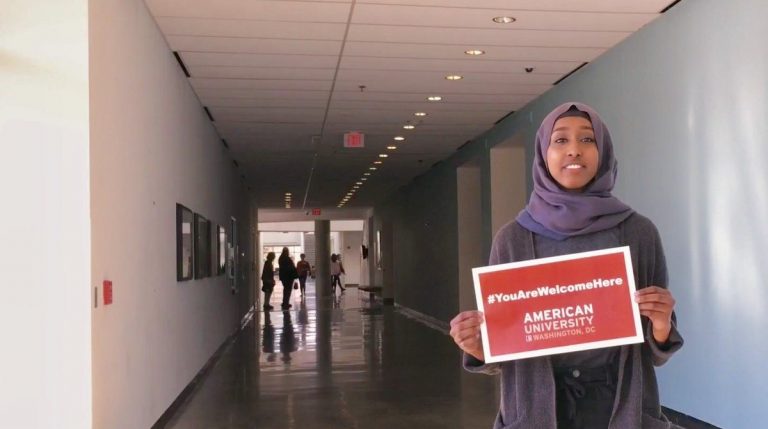
More and more foreign students in global universities are stepping up their game to bring to light issues affecting the international student populace, from general campus life problems to concerns about the courses they take.
And their greatest strength? Others like themselves.
According to US News, these foreign students are consolidating efforts to put their rights and needs in place – and it is paying off not just for them but for prospective international students too.
These are the three big ways students are affecting change on campus:
1. On-campus international student organisations:
Many global universities promote student self-governance, such as the University of Virginia (UVA). This means student groups on campus play a “decisive role” in taking care of the international cohort, according to Richard Tanson, a senior international student and scholar adviser in the school’s International Studies Office.
How does this pan out in the real world? For one, the UVA Global Student Council, set up by then-undergrad Mongolian national Batkhuu Dashnyam, worked with the school’s administration to bring a global perspective to courses, to better represent the diverse campus community.
Whereas at Miami University in Ohio, the student-run group founded by a Bahamian student called Graduate Students of All Nations holds forums and meetings with varsity staff and faculty where they air international student concerns and questions. So far, they have had a say in the school’s statement on diversity and the hiring of a new international student adviser.
2. Off-campus organisations:
Another platform for students to lobby for their rights are off-campus, student-run groups. In Australia, the Council of International Students Australia (CISA) works with the Australian government on issues such as immigration and employment.
“We are also trained peer support assistance for students who feel they have been treated unfairly or unreasonable equity and welfare issues – for example, if students are having issues with grade appeals or need some assistance with their work rights while in Australia,” says Karen Cochrane from Canada, CISA’s national public relations officer who first found out about CISA through the student union at the University of Sydney.
Meanwhile in the US, the National Association of Graduate-Professional Students has lobbied the US Department of Homeland Security for the Optional Practical Training for science, technology, engineering and math (STEM) students to be extended from 17 months to two years.
The association is also working on a toolkit to aid future students in all matters ranging from cultural sensitivity to advocacy resources, according to Indian national Surya Dev Aggarwal, a doctoral student at Carnegie Mellon University in Pennsylvania.
3. Growing international student movement:
In many major study destinations across the globe, pro-international student movements have been gaining momentum, providing prospective students a broader platform to voice their needs and get support.
In the US for example, the #YouAreWelcomeHere movement led by Temple University in Philadelphia and joined over a hundred other American institutions aims provide assurance to future foreign students that they are welcome to pursue their education in the country.
Across the pond, UK’s #WeAreInternational began as a solidarity call to action in 2013 against the reduction of the two-year post-study work visa to four months. Now, the joint campaign between University of Sheffield’s Students’ Union and the university is backed by more than 100 UK universities and the National Union of Students.
Liked this? Then you’ll love these…
Brexit education data: EU student behaviours in the UK post-referendum
US university lends hand to international students affected by #MuslimBan







